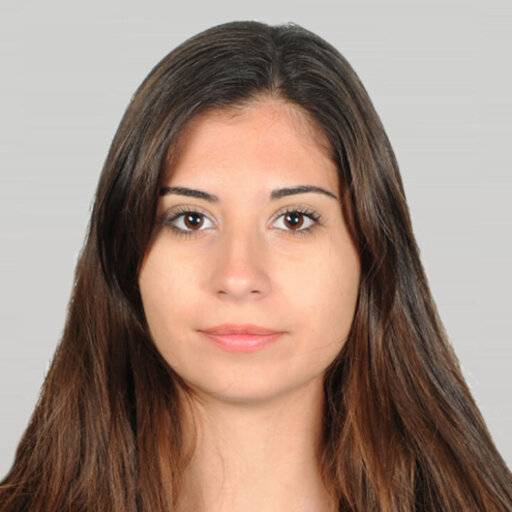A ray of hope for the Spiny butterfly ray
The spiny butterfly ray, Gymnura altavela, is a critically endangered batoid known for its unique body shape, being about twice as wide as it is long.
Spiny butterfly ray (Gymnura altavela)
Grant Number:
232532379
Awarded Amount:
6059
Continent:
Eurpoe
Country:
Albania
Awarded Date:
11/11/2023
The spiny butterfly ray (Gymnura altavela) is a critically endangered batoid known for its unique body shape, being about twice as wide as it is long. This species is exceptionally rare in the Mediterranean and has experienced a significant decline in population, with numbers dropping by over 80% in the past two decades. The absence of records in MEDITS surveys led some researchers to speculate that the species may be absent from much of the northern Mediterranean Sea.
Historically, the spiny butterfly ray was frequently found in the Adriatic Sea, the northernmost part of the Mediterranean. However, records of the species declined throughout the 20th century, with no records reported until a large gravid female was recently discovered in Albania. This marked the first record of a gravid female in the northern Mediterranean Sea. Subsequent research conducted in Albania and Croatia revealed five new findings between 2022 and 2023.
The resurgence of records through these research efforts emphasizes the urgent need for effective conservation measures and strengthened monitoring initiatives, particularly through collaboration with local fishermen. The presence of several large near-term females and juveniles in Vlorë suggests that this area may serve as a potential nursery ground for the species. Protecting and preserving these habitats is of utmost importance, as they currently face severe threats from uncontrolled and illegal fishing, habitat loss, pollution, and disturbance.
Project lead by

Emina Karalic
PhD student
Sharklab Adria